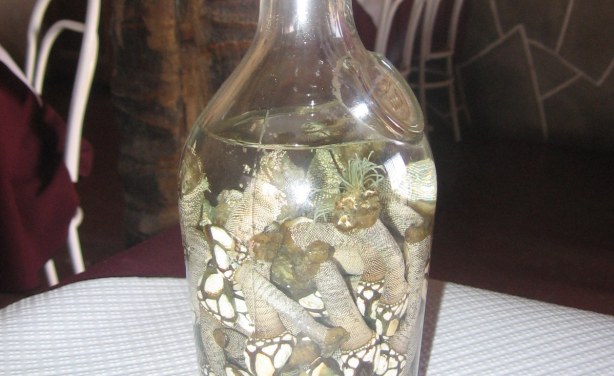-
Cape Verde: Inside the Grogue Wars of Cabo Verde
The Conversation Africa, 30 June 2023
At what point does a craft spirit no longer qualify as craft? Read more »
Inside the Spirit Wars of Cabo Verde
Cabo Verde farmers have produced a sugar cane-based craft spirit known as grogue for centuries. The liquor has a rich cultural legacy and was historically made in limited quantities by skilled workers using traditional distilling methods. A team of professors from Kennesaw State University in the U.S. has been studying tensions between some traditional producers and the government, which seeks to more strictly regulate the production of the spirit to popularize it in international markets.
These experts believe that the industrialization of this drink could be a boon for a struggling rural economy. However, some small-scale producers are forced to close shop, unable to meet new regulatory demands. Farmers producing grogue can use the money they earn from grogue to achieve financial stability. Yet regulatory efforts to improve the quality and consistency of grogue may have inadvertently and negatively affected small producers, write Kennesaw State University's Dean of the Wellstar College of Health and Human Services Monica Swahn, Nancy Hoalst-Pullen, Professor of Geography, Brandon D. Lundy, Professor of Anthropology, and Mark Patterson, Professor of Geography and Geospatial Sciences.

The traditional alcoholic drink called grogue with barnacles, Santiago Island, Cape Verde.

